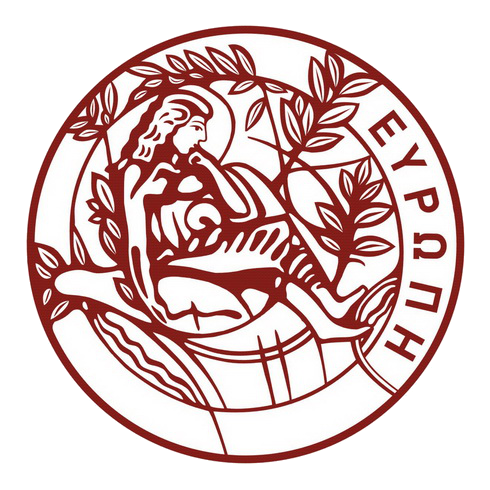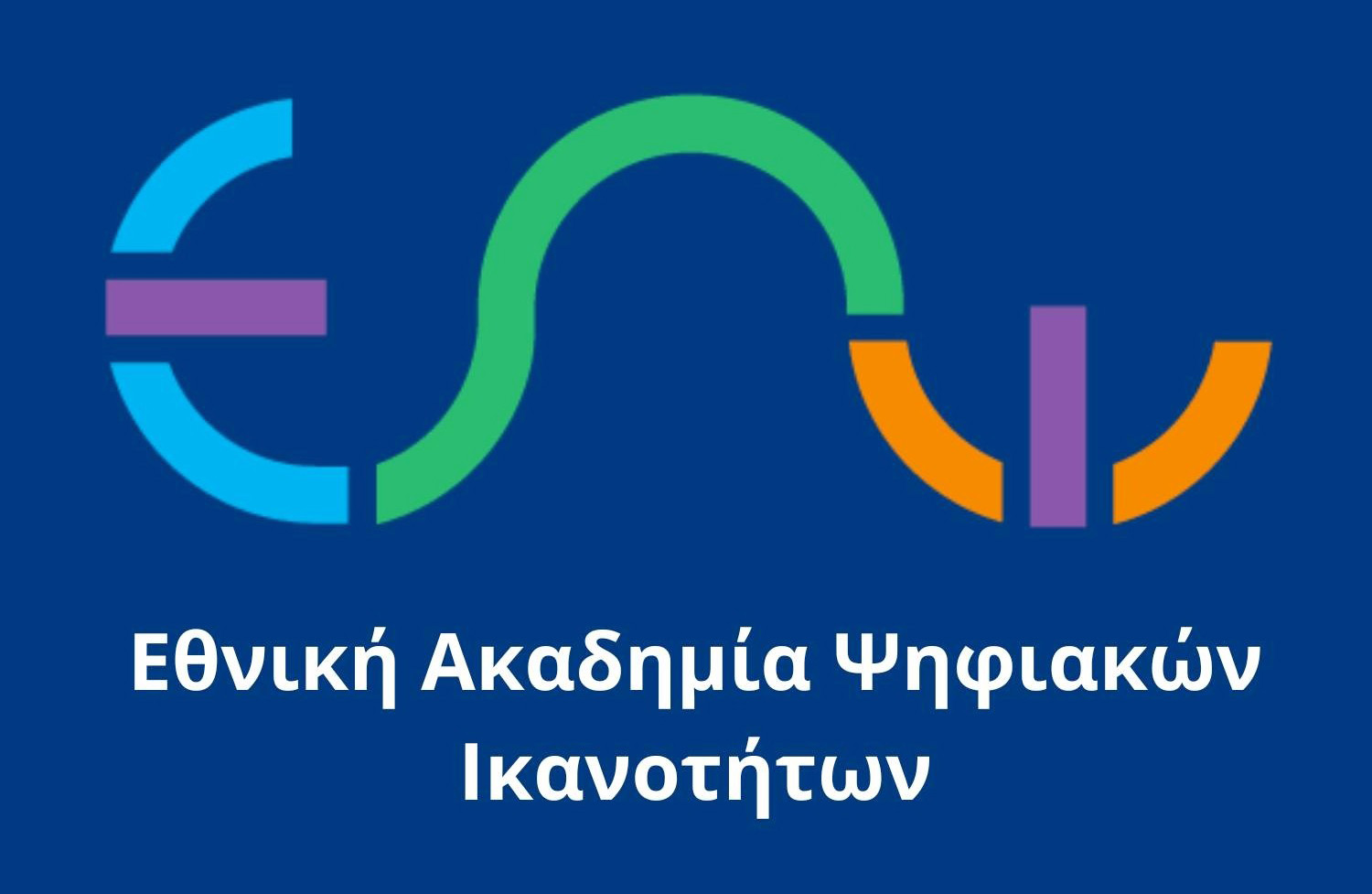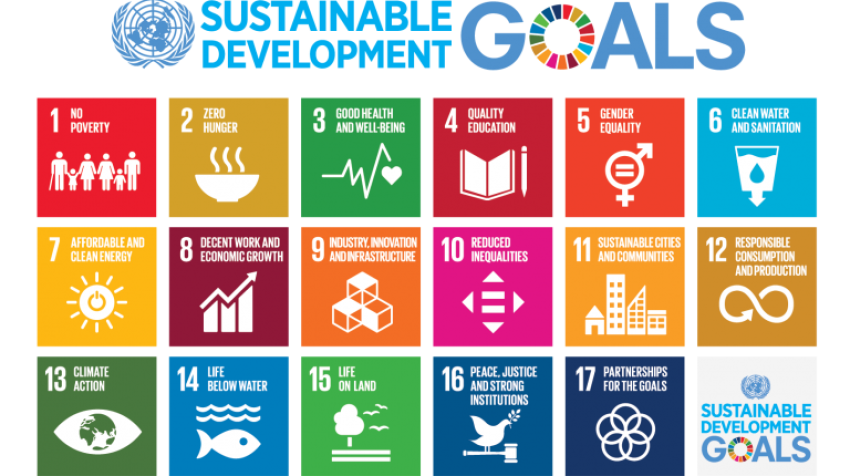Integration and prioritization of the 17 Sustainable Development Goals in local government
In the EU, Member States’ regions account for slightly more than half of total public investment, exercise a wide range of competences with autonomy and are essential partners in raising awareness, planning, implementing and monitoring the Sustainable Development Goals (SDGs). Many SDGs concern the responsibilities of a region: education, health, water and sanitation, waste management, public transport, housing, disaster risk prevention, pollution, climate change adaptation. More specifically, the relevance of the SDGs to EU regions is manifold: - The SDGs offer common terms for describing and achieving sustainable development at the regional level. - The adoption of the SDGs implies the use of a common global framework for regional public policies. - The SDGs provide opportunities for new partnerships to develop new solutions for a range of regional issues. In this context, the achievement of the SDGs in the EU will largely depend on the initiatives and practice of the regions. This holds because the regions are close to the level where actions produce measurable results, with a more transparent, flexible and inclusive process. Regional adaptation of the SDGs in the EU implies the understanding of how the SDGs translate into given regional conditions and the relevant adaptation. This approach can help regions reframe policies and practices towards sustainability. Key policy questions for identifying and prioritizing the SDGs at the regional level include: - Which of the 17 SDGs and 169 sub-targets are the most important for a region, requiring its strong commitment and related initiatives? - How can a region prioritize its options? - How can a region integrate the SDGs into its policy frameworks, especially with regard to socio-economic development and the environment? - What are the current gaps in evidence and data that prevent understanding where a region stands against the SDGs, relative to the national average and to other EU regions? - How can stakeholders engage to promote a holistic and coherent approach to achieving the SDGs, enhancing synergies between public and private actors, non-profit organizations and investors? To effectively identify and prioritize the SDGs at the regional level, the key steps are as follows: - Integrating the SDG approach into regional planning and policy frameworks. - Improving documentation on a region’s SDG status. - Support integrated planning and strategy in all horizontal and vertical policies of a region. - Promotion of coordinated dialogue between regions within the same territory and across borders. - Collaborate with stakeholders and relevant institutions to inform about best practices. Integrating the SDGs into regional policy can: - Highlight regional development policies, adapted to local conditions, with a long-term positive impact. - Contribute to the better targeting and allocation of resources to the most vulnerable groups and/or lagging areas, based on their sustainable development. - Support the design of data-driven policies. - Contribute to improving the participation of local and regional authorities, as well as local communities, for greater responsibility and accountability regarding the achievement of the SDGs.
Πάροχος
- Όνομα παρόχου: University of Crete
- Σύνδεσμος παρόχου: https://www.uoc.gr/
- Λίγα λόγια για τον πάροχο (προφίλ): Established in 1973, the University of Crete is a young public educational institution committed to excellence in research and teaching. The seat of the University is the Gallos Campus in Rethymnon, where the Schools of Philosophy, Education, Social, Economic & Political Sciences are located. The Voutes Campus in Heraklion is home to the School of Sciences & Technology and the School of Medicine, as well as a number of affiliated research-oriented infrastructures and facilities, including the University General Hospital. The University accepted its first students in 1977-78. Currently, over 18,000 undergraduates and 3000 postgraduate students are registered here. They are educated by an outward-looking academic faculty of around 450 members, supported by adjunct lecturers, post-doctoral researchers, laboratory staff and instructors, as well as around 300 technical and administrative staff. The international orientation of the University is reflected in its track record of collaborations with many of the leading research and educational institutions in Europe and worldwide, as well as active promotion of mobility and exchange programmes. Research and research training at all levels benefits also from the de facto regional cluster of research institutions i.e. the Foundation for Research and Technology-Hellas (FORTH), the Institute of Marine Biology, Biotechnology & Aquaculture (IMBBC), the University General Hospital (PagNi) as well as the other HEIs in Crete. Reflecting its research activity and associated initiatives, the University of Crete is the first Greek University to have signed the EU Charter and the Code for the recruitment of researchers, and forms part of the Euraxess European network for the mobility of researchers. The University fully participates in quality assurance mechanisms both for its academic and administrative structures, and it is a strategic choice of the University that there will be an ongoing effort to meet quality in all its structures. Located on the island of Crete, a site rich in ancient and modern Mediterranean cultures, the University offers a vibrant social and intellectual environment for research and education. As such, whether your contact with the University is brief or long-term, we trust it will be rewarding.
-
Λογότυπο παρόχου:

Χαρακτηριστικά μαθήματος
- Σε ποιους απευθύνεται (Ομάδα-στόχος): Innovation Manager, Govtech Specialist, Public Digital Leader, Training Development Specialist, Project Manager
- Σύντομη περιγραφή: In the EU, Member States’ regions account for slightly more than half of total public investment, exercise a wide range of competences with autonomy and are essential partners in raising awareness, planning, implementing and monitoring the Sustainable Development Goals (SDGs). Many SDGs concern the responsibilities of a region: education, health, water and sanitation, waste management, public transport, housing, disaster risk prevention, pollution, climate change adaptation. The aim of this Course is to support Local Governance Organizations and Officers to integrate and prioritize the 17 Sustainable Development Goals in local governance.
- Διδακτικοί στόχοι & μαθησιακά αποτελέσματα: The course supports a decision making processes constituted by certain steps: - Integrating the SDG approach into regional planning and policy frameworks. - Improving documentation on a region’s SDG status. - Support integrated planning and strategy in all horizontal and vertical policies of a region. - Promotion of coordinated dialogue between regions within the same territory and across borders. - Collaborate with stakeholders and relevant institutions to inform about best practices.
- Λέξεις κλειδιά: Sustainable Development Goals, Local Governance, Integration, Prioritization
- Επίπεδο δυσκολίας: Βασικό
- Διάρκεια: 8 ώρες
- Γλώσσα: Ελληνικά
- Προαπαιτούμενα:
- Βίντεο:
Πρόσβαση στο μάθημα
- Σύνδεσμος πρόσβασης (URL) στο μάθημα: https://opencourses.uoc.gr/courses/enrol/index.php?id=398
- Απαιτείται προσωποποιημένη πρόσβαση (login):
- Πρόσβαση για άτομα με αναπηρία:
Βεβαίωση επιτυχούς ολοκλήρωσης
Πνευματικά δικαιώματα
- Πνευματικά δικαιώματα: Αναφορά Δημιουργού - Μη Εμπορική Χρήση - Παρόμοια Διανομή (CC BY-NC-SA 4.0)
- Ημερομηνία: 22-10-2024
Συντελεστές
- Όνομα συντελεστών/ διδάσκοντος/διδασκόντων: Constantine Manasakis
- Περισσότερα για τον/τους συντελεστές/διδάσκοντες: Constantine Manasakis is economist (MBA, PhD), Associate Professor of Economic Analysis at the Department of Political Science, University of Crete. He is expert in the integration and prioritization of the 17 Sustainable Development Goals in public and private organizations.
-
Φωτογραφία συντελεστή διδάσκοντος/διδασκόντων:


